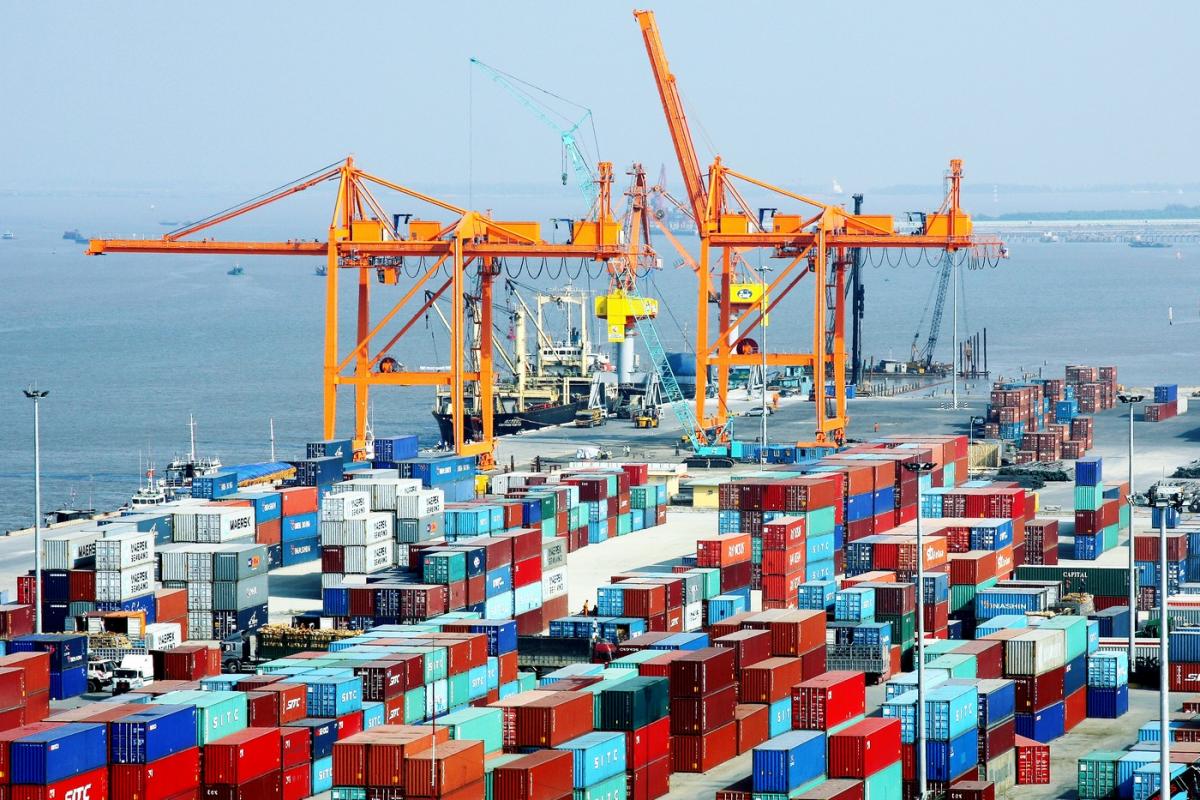Signed invoices are trade hitch
 |
Having a signed commercial invoice for imported goods is not a new requirement in importation and customs clearance procedures. However, this requirement has caused difficulties to importers when they import goods, as there are still a number of discrepancies between the laws of Vietnam and international practices.
From the legal perspective, the requirements of the Ministry of Finance and Vietnamese Customs Authorities are based on Decree No.51/2010/ND-CP, which stipulates that invoices must present signatures of the seller, the seal of the buyer (if any), and the signature of the buyer. The entities who must comply with Decree 51 are Vietnamese organisations or individuals who are selling goods or providing services in Vietnam’s territory or abroad; and organisations or individuals importing goods for the local market, regardless of whether the producers or suppliers are Vietnamese or foreign organisations or individuals. This is explicitly spelled out in Circular No.64/2015/TTLT-BTC- BCT- BCA- BQP: “With regard to goods sold or stored by entities other than importers, it is required to have invoices and/or documents of the selling entities, as prescribed in Decree 51.”
From the practical perspective, this regulation creates a conflict with the invoicing methods common in Europe, in which invoices are formed and retrieved electronically, without sellers’ signatures and seals on every single invoice. In an example of the kind of waste of human resources and expenses this requirement creates, a foreign automobile manufacturer can export hundreds of thousands of products per year – but to complete the import procedure, local enterprises must convince the manufacturer to provide a signature for each product. This step has caused a lot of difficulties for enterprises, because it is too costly for manufacturers to change their goods trading management method specifically for Vietnam.
 |
| illustration photo |
As a result, the completion of customs clearances is often months behind schedule, which causes a loss in terms of business opportunities and increases costs. In addition, the fact that the requirement on provision of invoices is still retained contradicts the principle of Article 3.6(b) of Resolution 30c/NQ-CP, enhancing the “application of information-telecommunications technology in the process of handling of works of administrative authorities, among administrative authorities, and within transactions with organisations and individuals”.
With the understanding of these international practices, the World Customs Organization (WCO) recommends its members not have sellers sign commercial invoices when conducting customs declarations.
In its “Recommendation of the Customs Co-operation Council concerning customs requirements regarding commercial invoices”, issued May 16, 1979, WCO recommends that members should “refrain from requiring a signature, for customs purposes, on commercial invoices presented in support of a goods declaration”.
The Vietnam Customs Authorities has been a member of WCO since 1993, and acceded into the revised Kyoto Convention on the Simplification and Harmonization of Customs Procedures in 2008. After many renovations to adapt to these contemporary objectives and policies, Vietnam Customs procedures have been modernised and reduced significantly – but they have not yet abrogated the requirements on signatures affixed to invoices due to existing “barriers” in Decree 51.
The main purpose for presentation of commercial invoices in customs procedures is to make a basis for determining customs values of the goods, the goods’ origin, and tax amounts imposed on goods at the time of import. In the internet age, the authenticity of invoices can be checked by various methods. Therefore, we should adopt a workable way of checking manufacturers’ databases to ensure the accuracy of total goods’ value, rather than requesting a signature for each invoice.
Customs authorities can request the manufacturer send detailed information on the imported goods for checking, or confirm the accuracy and completeness of such invoices. From the author’s perspective, by taking advantage of the digital route, checking and verifying the accuracy of commercial bills will become easier and more efficient for all involved.
What the stars mean:
★ Poor ★ ★ Promising ★★★ Good ★★★★ Very good ★★★★★ Exceptional
Latest News
More News
- IP alterations shape asset strategies for local investors (January 22, 2026 | 10:00)
- 14th National Party Congress: Vietnam - positive factor for peace, sustainable development (January 22, 2026 | 09:46)
- Japanese legislator confident in CPV's role in advancing Vietnam’s growth (January 22, 2026 | 09:30)
- 14th National Party Congress: France-based scholar singles out institutional reform as key breakthrough (January 21, 2026 | 09:59)
- 14th National Party Congress: Promoting OV's role in driving sustainable development (January 20, 2026 | 09:31)
- 14th National Party Congress affirms Party’s leadership role, Vietnam’s right to self-determined development (January 20, 2026 | 09:27)
- Direction ahead for low-carbon development finance in Vietnam (January 14, 2026 | 09:58)
- Vietnam opens arms wide to talent with high-tech nous (December 23, 2025 | 09:00)
- Why global standards matter in digital world (December 18, 2025 | 15:42)
- Opportunities reshaped by disciplined capital aspects (December 08, 2025 | 10:05)
















 Mobile Version
Mobile Version